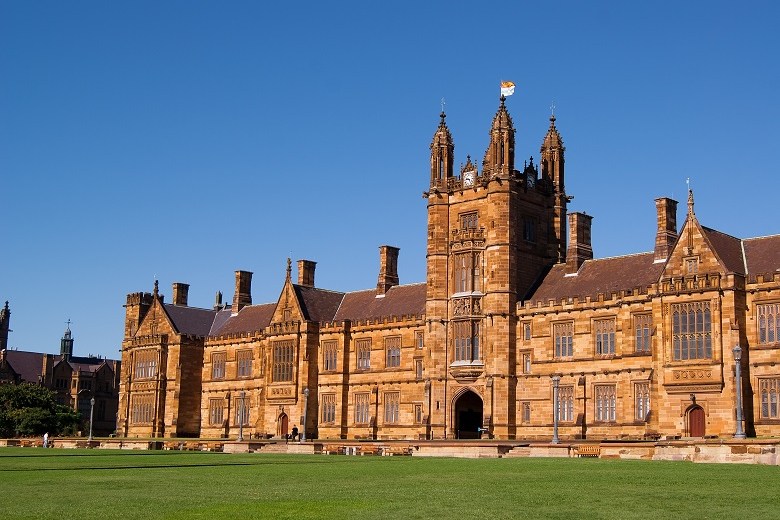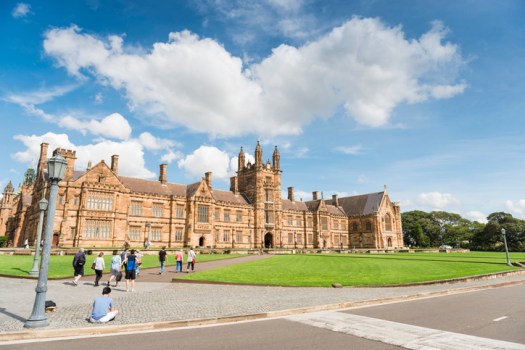
Universities will have to inform the government of any identified risk of foreign interference under new guidelines developed across both sectors.

The guidelines, developed by a joint education and security task force announced in August, also recommend universities develop conflict of interest policies around foreign affiliations and funding, and put more onus on researchers to identify risks in their own projects.
Home affairs minister Peter Dutton said security agencies worked with Australian universities on the guidelines, which come at a time of ‘unprecedented’ foreign interference against Australia’s interests. “That includes universities and the research sector,” he said.
Interference risks identified in the guidelines include cyber attacks; attempts to direct research; intellectual property theft and moves to steal away researchers and academic staff.
The guidelines provide policies, frameworks and strategies that universities can use to protect against interference without compromising their automomy, eduction minister Dan Tehan says.
“The Morrison Government is working with universities to ensure they have the necessary protections for students, research data, and academic integrity,” he said. “We have taken action to ensure universities understand the risks and know what steps to take to protect themselves.”
The guidelines include
- Having accountable authorities who are responsible risk mitigation
- Incorporating foreign interference risk planning into existing frameworks
- Developing risk reporting requirements
- Having conflict of interest policies around foreign affiliations, relationships and financial commitments
- Conducting due diligence before entering into a partnership with a foreign entity
- Research staff and higher degree research staff to assess risk in their projects
- Risk management against research theft and misappropriation
- Universities to share identified risks with government agencies
- Implementation of cyber security strategies and cyber intelligence sharing with the government
Universities Australia Chair Professor Deborah Terry says the guidelines will help protect the integrity of universities without damaging their capacity for global engagement.
“The global collaboration of our universities is a powerful national asset, putting us at the forefront of research breakthroughs and knowledge advances that deliver benefits to Australia,” she said.
“It is in Australia’s interests to safeguard that openness as we navigate in an ever more complex world.”
She said the guidelines will build on “prudent risk management” but will not create a regulatory or compliance burden for universities.
RMIT Vice Chancellor and President Martin Bean, one of the taskforce co-chairs, said the guidelines represented a valuable resource for university as they continued to grapple with the evolving risk of foreign interference.
The guidelines were developed through a steering group and four working groups representing 13 universities and 10 government agencies.
Comment below to have your say on this story.
If you have a news story or tip-off, get in touch at editorial@governmentnews.com.au.
Sign up to the Government News newsletter
